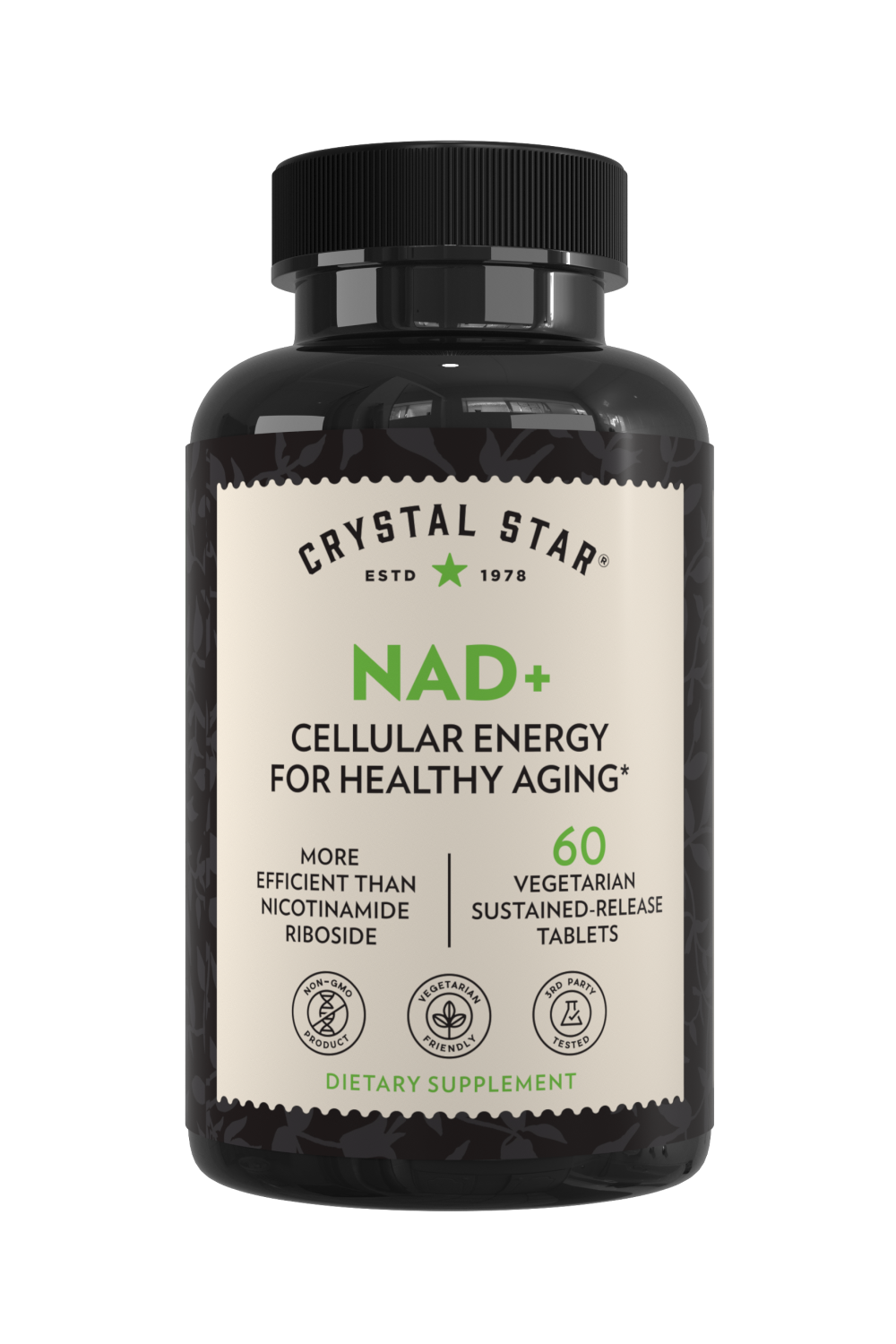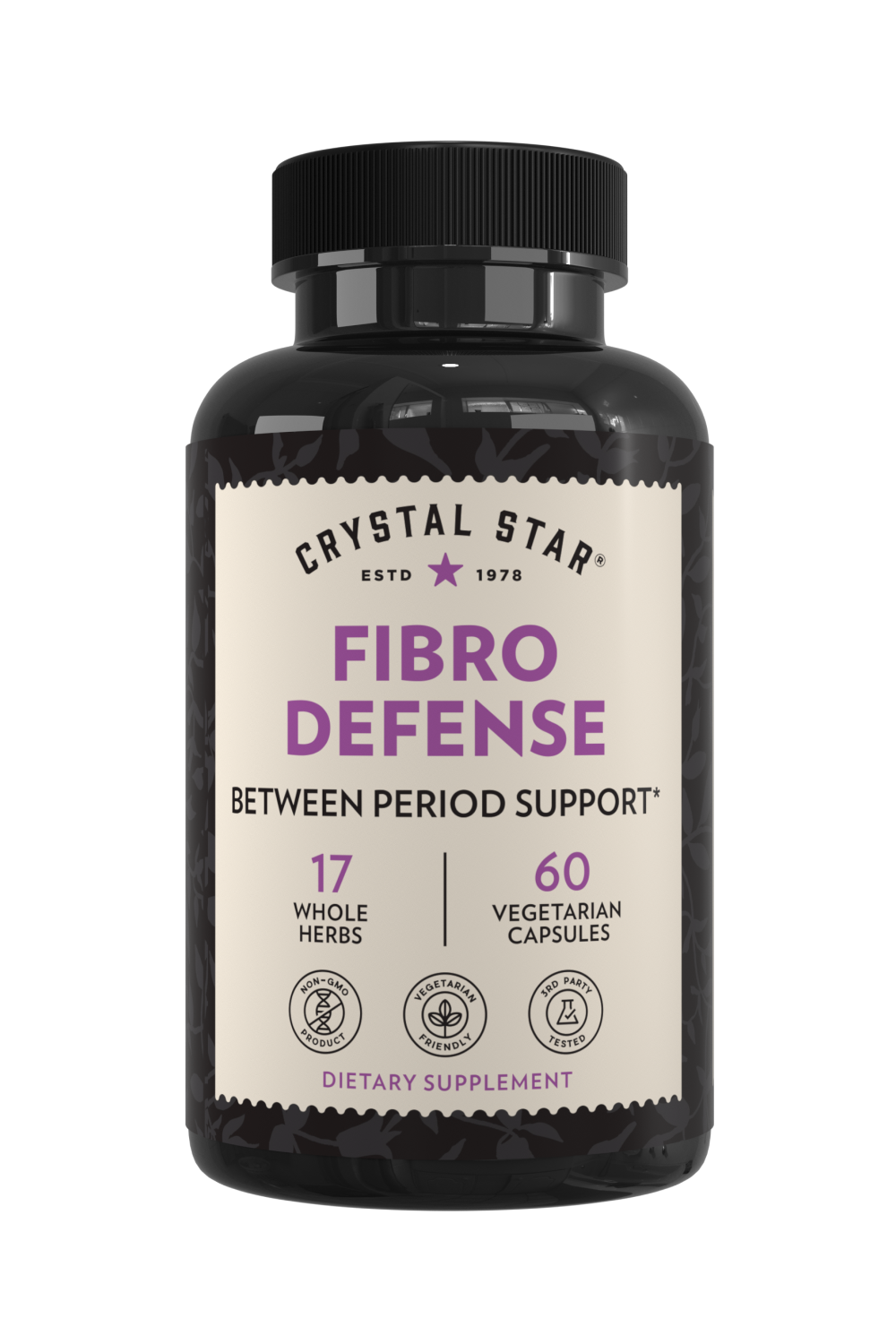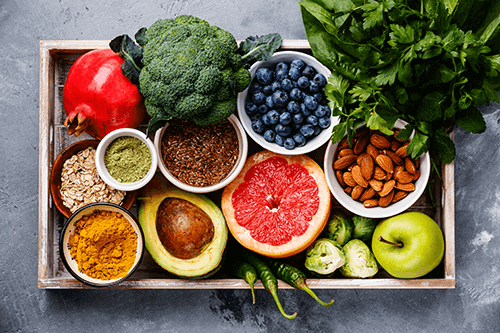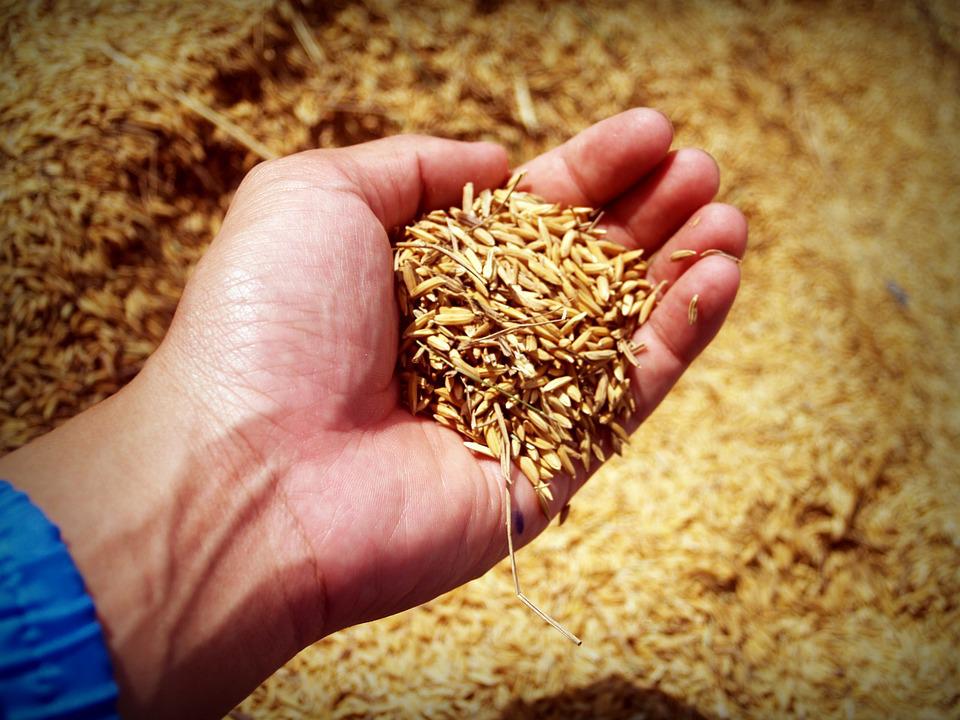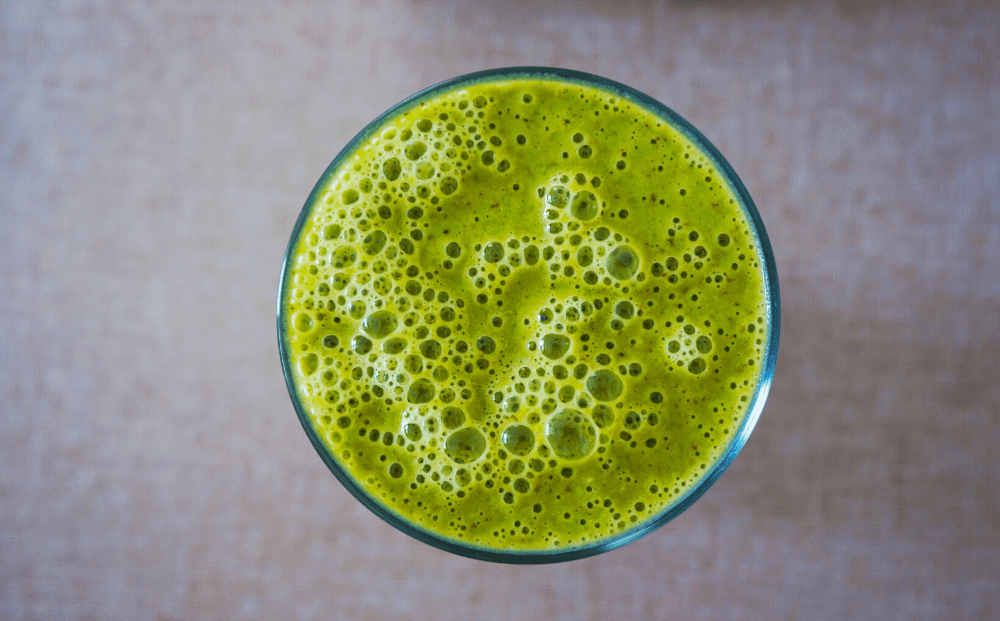
5 EASY STEPS TO LESS INDIGESTION, HEARTBURN AND GAS
Thanks for stopping in. This information on colon detoxes is actually over 5 years old and we don’t recommend initiating any colon cleanse regimen without consulting with your medical provider first, especially if you take any medications or have health problems.
If you’re interested in the connection between gut health and overall wellness, we wrote some fresh posts using the latest research.
Check out:
Get friendly with GABA, the brain molecule that beats anxiety
The best natural relief for acid reflux
Can drinking tea help PTSD symptoms?
5 Secrets to Better Digestion 1. Take ENZYMES. We are born with a limited supply of enzymes which become depleted with age. But enzymes can be easily brought into your body through fresh foods. If all your food is cooked, microwaved, or processed above 118º Fahrenheit, all of its enzymes are destroyed. Enzymes are especially critical for digestion. If the foods you eat do not contain enough enzymes for digestion, the body has to pull from its reserves in your liver or pancreas, weakening enzyme dependent processes in these areas like detoxification or hormone secretion.
When you lack enzymes for digestion, bacteria feed off the undigested food in the GI tract, producing symptoms like gas, bloating, heartburn and constipation. I have worked with thousands of people over the years with digestive problems. In every case, when an otherwise healthy person added more plant enzymes to their diet (either through fresh foods or enzyme supplements), digestive problems were drastically reduced. People carrying extra weight from body congestion often drop 10 lbs. Enzymes even overcome food allergies.
Supplementing with amylase, the plant enzyme which digests starches, renders gluten-rich grains like wheat and rye harmless to people with gluten enteropathy, a severe intestinal malabsorption syndrome caused by a gluten allergy to gluten-rich grains. Enzyme-rich foods smooth out both digestion and elimination. Have a green salad every day! Consider supplemental enzymes, too. A broad spectrum digestive enzyme is an excellent choice for digestive problems.
2. Take PROBIOTICS. Literally meaning “for life”, probiotics are “friendly bacteria,” like Lactobacillus acidophilus and Bifidobacteria bifidum, that inhabit your digestive tract and maintain the inner ecology critical to digestion and health. They keep out pathogens like viruses, yeast and harmful microorganisms by competing with them for space in the gastrointestinal tract. Research from the University of Delaware finds that bifidobacteria actually have the ability to remove cancer cells or the enzymes which lead to their formation! Probiotics are a powerful preventive against digestive problems like diarrhea, constipation and even more serious problems like inflammatory bowel disease, even colon cancer.
Chemicals in your food or environment (like chlorine in drinking water), fast food, a stressful lifestyle, excessive alcohol consumption, cigarette smoking and certain prescription drugs all deplete your body’s supply of probiotics. Antibiotics, by far, are the biggest offender in probiotic depletion. (In France, Japan and India, doctors routinely recommend acidophilus when they prescribe antibiotics.)
Probiotics are constantly at work to keep you healthy and energized and your digestion smooth. I recommend eating more cultured foods rich in these organisms, like yogurt, kefir or raw sauerkraut. High quality probiotic supplements are widely available for optimum digestion.
3. Practice good FOOD COMBINING. Sometimes, it’s not what you eat that’s making you sick, it’s how you combine the foods you eat. Proper food combining can still make all the difference for your digestion. Different foods need different enzymes to digest well. Your intelligent body activates the proper enzyme when the food reaches your mouth. Eating foods that are not compatible can cause fermentation in the stomach, leading to gas, constipation or diarrhea- clear signs that food is not being assimilated well.
Most experts think human enzyme assimilation was developed very early, when our species ate almost all fresh or dried foods. Foods we might have eaten together were naturally compatible because of harvest times and seasons. We traditionally ate certain foods at the same time, and we developed the capacity to digest them at the same time. Today we can eat any type of food we want when our taste-buds want it…… and that gets us into trouble. Enzymes which digest one type of food but are incompatible with another type in the same meal are either blocked or get confused, and we get the non-compatible food signs of gas and bloating.
Our digestive systems have adapted somewhat over the millenia. Unless your digestion is seriously compromised, you may not need to follow all the food combining rules all the time. Sometimes we let these things control our lives and lose the pleasure of eating. For myself, I try to follow just two principles: I eat fruits alone and on an empty stomach in the morning. I don’t eat fruits and vegetables together. To learn more, please refer to a good “Correct Food Combining Chart” available online or in health food stores.
4. Eat more FIBER. By now, most of you know that fiber is good for you. Boosting fiber intake from grains like oats can lower harmful LDL cholesterol levels linked to heart disease. It speeds weight loss by suppressing the appetite and reducing colon congestion. It also improves glucose tolerance for people with diabetes and provides protection against breast and colon cancer development. And, of course, fiber is vital for your digestion. Fiber keeps the entire digestive system running smoothly by decreasing the transit time of food in the intestines. (Food is more likely to ferment and putrefy, causing indigestion the longer it remains in your gut!) Fiber is a system regulator, not a laxative. It relieves both constipation and diarrhea by increasing the weight and frequency of stools. Increasing fiber intake is a primary treatment for even serious digestive problems like diverticulitis and Irritable Bowel Syndrome.
But, most people don’t get enough fiber from their diets. In fact, today’s statistics tell us that most Americans need to double their fiber intake to get the 30 to 35 grams a day recommended by health professionals. Six half-cup servings of whole grains, cereal or legumes and 4 servings of fresh fruits and vegetables each day can give you the fiber you need to stay regular and healthy. Fiber supplements are also a good choice as an addition to a balanced diet.
5. Eat more ALKALINE FOODS. The typical American diet relies on too many acid-forming foods. The body, by design, is slightly alkaline, with a pH of 7.4. When the body becomes too acidic, it pulls alkaline minerals like sodium, calcium, potassium and magnesium from its reserves to restore an alkaline state. Over the long-term, this becomes dangerous. Mineral are the building blocks of life. Even small deficiencies are linked to depression, osteoporosis and premature aging.
An acidic body condition is the primary cause of GERD (Gastro-Esophageal Reflux Disorder) the most common cause of heartburn for 40 million Americans. GERD is also implicated in chronic fatigue syndrome, arthritis, cancer, allergies and fungal infections. Bringing more alkaline foods into your diet not only eases your indigestion and heartburn, it may prevent the onset of serious disease later!
• ACID-FORMING FOODS to limit: refined sugar, white flour, alcohol, soft drinks, coffee and caffeine containing foods, red meat, and fried, fatty foods. • ALKALINE FORMING FOODS to increase: mineral water, land/sea vegetables, sea salt, herbal teas, miso, brown rice, honey, fruits and fruit juices.
To Life-long health,
Linda Page

